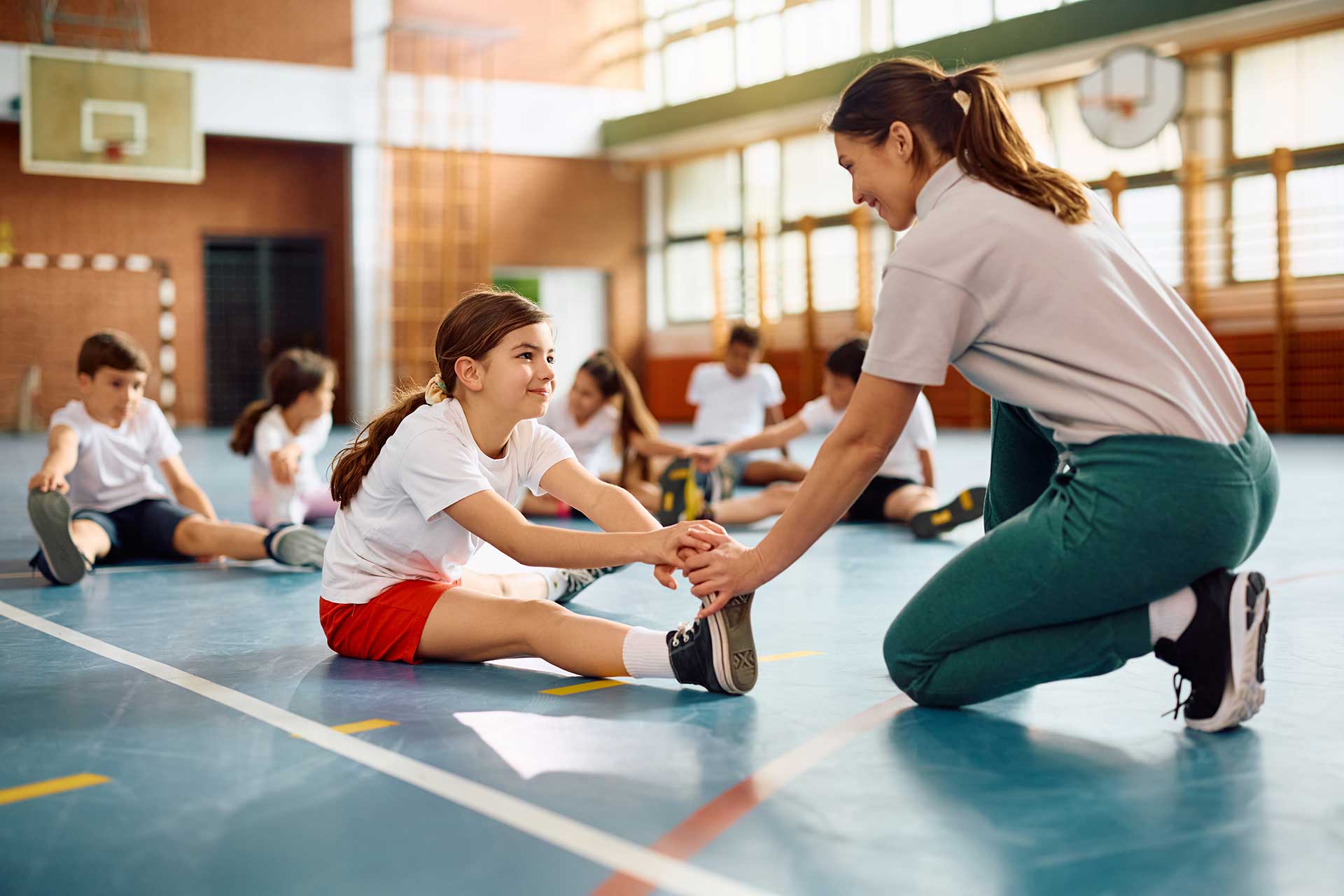Sports and Education: The Synergy of Discipline and Success
- 4 September 2024
In the age-old debate between sports and education, the conversation often pivots around the question: which should take precedence? However, rather than viewing sports and education as rivals, it’s more beneficial to see them as complementary forces, working together to shape well-rounded individuals who are equipped for success both on and off the field.
The Role of Sports in Education
Sports are much more than just games—they are powerful tools for personal growth and development. Through participation in sports, students learn invaluable life skills that extend beyond the physical. Teamwork, discipline, and leadership are just a few of the qualities that athletes develop, which translate directly into academic and professional success.
Teamwork: On the field, athletes learn to communicate and collaborate effectively, understanding the importance of each team member’s role. These are the same skills that are crucial in group projects, workplace environments, and interpersonal relationships.
Discipline: Sports require a commitment to practice, adherence to rules, and the perseverance to improve. This discipline is directly applicable to academic pursuits, where time management and consistent effort are key to success.
Leadership: Whether it’s calling plays on the field or guiding teammates through a tough game, sports provide numerous opportunities for students to develop leadership skills that will serve them in various aspects of life.
Boosting Academic Performance Through Sports
It’s no secret that physical activity has a positive impact on mental health and cognitive function. Students who participate in sports often show improved concentration, sharper focus, and better academic performance. The physical exertion of sports stimulates the brain, enhancing memory and learning abilities, which translates to higher grades and academic achievements.
Moreover, the routine and structure provided by sports can help students manage their time more effectively, balancing the demands of both academics and athletics. The discipline learned in sports carries over into the classroom, where students apply the same principles of hard work and dedication to their studies.
Social and Emotional Benefits of Sports
Beyond the classroom, sports play a crucial role in the social and emotional development of students. The friendships and bonds formed on the field often last a lifetime, providing a strong support network that can help students navigate the challenges of school and life. Additionally, sports teach emotional resilience—handling both victories and defeats with grace, a lesson that is invaluable in all areas of life.
The Educational Edge
While sports develop physical and mental skills, education forms the foundation upon which these skills are built. Education provides critical thinking abilities, cultural awareness, and the intellectual rigor necessary to excel in any field, including sports. The synergy between sports and education is evident in how they complement each other: sports teach discipline, teamwork, and resilience, while education fosters strategic thinking, problem-solving, and a deeper understanding of the world.
Students who excel academically often bring that same dedication to their sports, leading to a deeper understanding of game mechanics and strategies. Education empowers athletes to make informed decisions, both on the field and in life, enhancing their ability to succeed in all endeavors.
Achieving Holistic Development
The true goal of integrating sports and education is to achieve holistic development. It’s not about choosing one over the other but about finding the balance that allows both to thrive. When students are encouraged to excel in both academics and athletics, they develop into well-rounded individuals who are prepared to face life’s challenges with confidence and resilience.
In sports, students learn the importance of routine, structure, and teamwork. In education, they gain the knowledge and critical thinking skills necessary to apply these lessons in a broader context. Together, sports and education create a synergy that fosters personal growth, intellectual development, and success in all areas of life.
In the debate of sports versus education, the real winner is the student who embraces both. The synergy between sports and education lies in their ability to develop discipline, resilience, and a well-rounded character. By finding the perfect balance between these two vital components, students are not only preparing for success in the classroom and on the field but also in the game of life.





